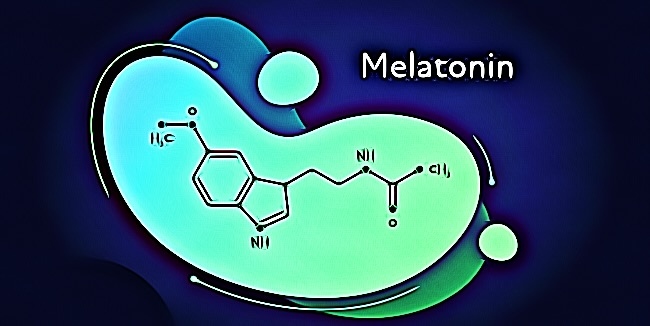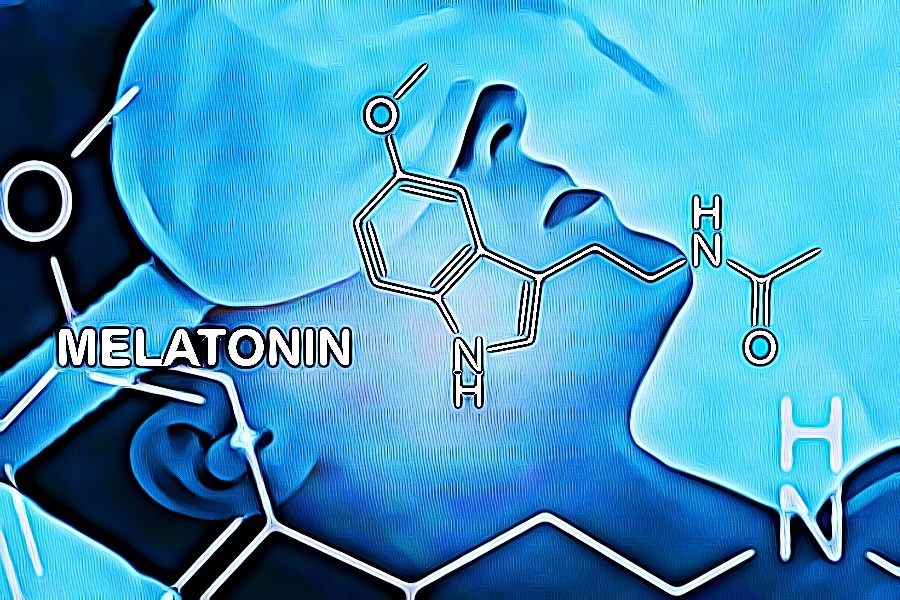In today’s digital age, with the buzz around augmented reality and virtual reality games, a new trend has emerged – the melatonin game. Contrary to what the name might suggest, this is not a game you can download or play online. Instead, it’s the game our body plays with us, intricately connected to our sleep patterns and overall health. This article seeks to unpack the science behind it and its significance in our circadian rhythms.
What is Melatonin?
Melatonin is a hormone primarily produced in the pineal gland located deep within the brain. Its primary function is to regulate sleep-wake cycles. The production of melatonin is influenced by the detection of light and dark by the retina of the eye. Essentially, as darkness sets in, production increases, prepping the body for sleep. Conversely, as daylight breaks, production decreases, signaling the body to wake up.
The Connection to Circadian Rhythms
Circadian rhythms are roughly 24-hour cycles that are part of the body’s internal clock. They run in the background and regulate many physiological processes. The term “circadian” comes from the Latin “circa,” meaning around, and “diem,” meaning day. Thus, these rhythms influence sleep patterns, feeding behavior, hormone production, and even cell regeneration.
Melatonin plays a pivotal role in syncing our internal clock with the external environment. This synchronization ensures we sleep at night and stay awake during the day. However, when this rhythm is disrupted, it can lead to several health problems such as insomnia, depression, obesity, and cardiovascular diseases.
The Numbers Behind Sleep Deprivation
The significance of this natural hormone becomes even more evident when we consider the statistics related to sleep deprivation:
- According to the Centers for Disease Control and Prevention (CDC), one in three adults does not get the recommended amount of sleep.
- Sleep deprivation is linked to an annual economic cost of up to $411 billion in the US due to lost productivity.
- Chronic sleep deprivation increases the risk of diseases such as diabetes by 15% and cardiovascular diseases by 48%.
Modern Lifestyle and Melatonin Disruption
Our modern lifestyle poses a myriad of challenges to the natural melatonin game. The excessive use of smartphones, tablets, and computers exposes our eyes to blue light, tricking our brains into believing it’s still daytime. This exposure suppresses production, pushing our sleep time further into the night.
Furthermore, factors like caffeine intake, late-night work or studies, and jet lag can further disrupt our melatonin cycle. These disruptions can confuse our internal clock, leading to an array of health issues beyond just sleep deprivation.
Strategies to Win the Melatonin Game
Considering the significant role melatonin plays in our health, it’s essential to adopt strategies that promote its natural production:
- Limit Screen Time: Avoid screens at least an hour before bedtime. If this isn’t feasible, consider using blue light filters available on most modern devices.
- Maintain a Regular Sleep Schedule: Go to bed and wake up at the same time every day, even on weekends. This consistency reinforces the body’s sleep-wake cycle.
- Mind Your Diet: Caffeine and sugar can disrupt your sleep if consumed late in the day. Try to avoid them in the evenings.
- Create a Restful Environment: Ensure your bedroom is dark, quiet, and cool. Consider using blackout curtains, earplugs, or a white noise machine if needed.
- Stay Active: Regular physical activity can help regulate it and improve your sleep cycle. However, try not to exercise too close to bedtime as it might interfere with sleep.

The Importance of Melatonin Beyond Sleep
While melatonin is predominantly known for its role in sleep regulation, its importance extends beyond just our nightly rest. Recent research has uncovered multiple other health benefits associated with this hormone.
Melatonin and Immunity
The immune system plays a critical role in defending the body against illnesses, and melatonin has been found to be a key player in boosting our immune response. Studies have shown that melatonin can stimulate the production of immune-enhancing molecules, providing a natural defense against various pathogens. This hormone also acts as an antioxidant, helping combat oxidative stress, a leading cause of inflammation and cellular damage in the body.
Brain Health and Melatonin
Another vital area where melatonin shows promise is in the domain of brain health. Neurodegenerative diseases such as Alzheimer’s and Parkinson’s have been associated with decreased melatonin levels. Supplementation with melatonin has been studied for its potential benefits in slowing the progression of these diseases. While more research is needed, preliminary findings suggest that melatonin may offer neuroprotective properties, safeguarding brain health and cognitive functions.
Melatonin and Eye Health
The eyes play a crucial role in melatonin production, as they detect light and relay the information to the brain. Not surprisingly, in turn, impacts eye health. Research suggests that melatonin can help delay age-related macular degeneration, a leading cause of vision loss in older adults. Additionally, it can also protect against glaucoma, another common eye condition.
Melatonin’s Role in Reproduction
Melatonin also plays a role in the reproductive system. In females, it affects the menstrual cycle and can influence the onset of puberty. Some studies have indicated that supplements might improve the quality of eggs in women undergoing in vitro fertilization treatments. In males, it is thought to have a protective effect on sperm quality.
Tackling the Challenges of Melatonin Supplementation
While melatonin’s natural production is paramount for optimal health, there’s a growing market for supplements. These are especially popular among those battling insomnia or facing jet lag. However, indiscriminate use of these supplements can lead to side effects like dizziness, headaches, and even disruptions in the natural sleep-wake cycle.
For those considering melatonin supplementation, it’s crucial to consult with a healthcare professional to determine appropriate dosages and avoid potential interactions with other medications.
Conclusion
The melatonin game is a complex interplay of biology, environment, and lifestyle. Its importance in our health spectrum is vast, influencing everything from our nightly rest to our immune responses and brain functions. By respecting our body’s natural rhythms and making informed decisions about melatonin supplementation, we can ensure optimal health and well-being. As science continues to uncover the myriad roles and benefits of it, it becomes increasingly clear that this humble hormone is a key player in our overall health narrative. So, embrace the game, respect its rules, and enjoy the multitude of benefits it offers.
Source: https://news.mit.edu/2005/melatonin

